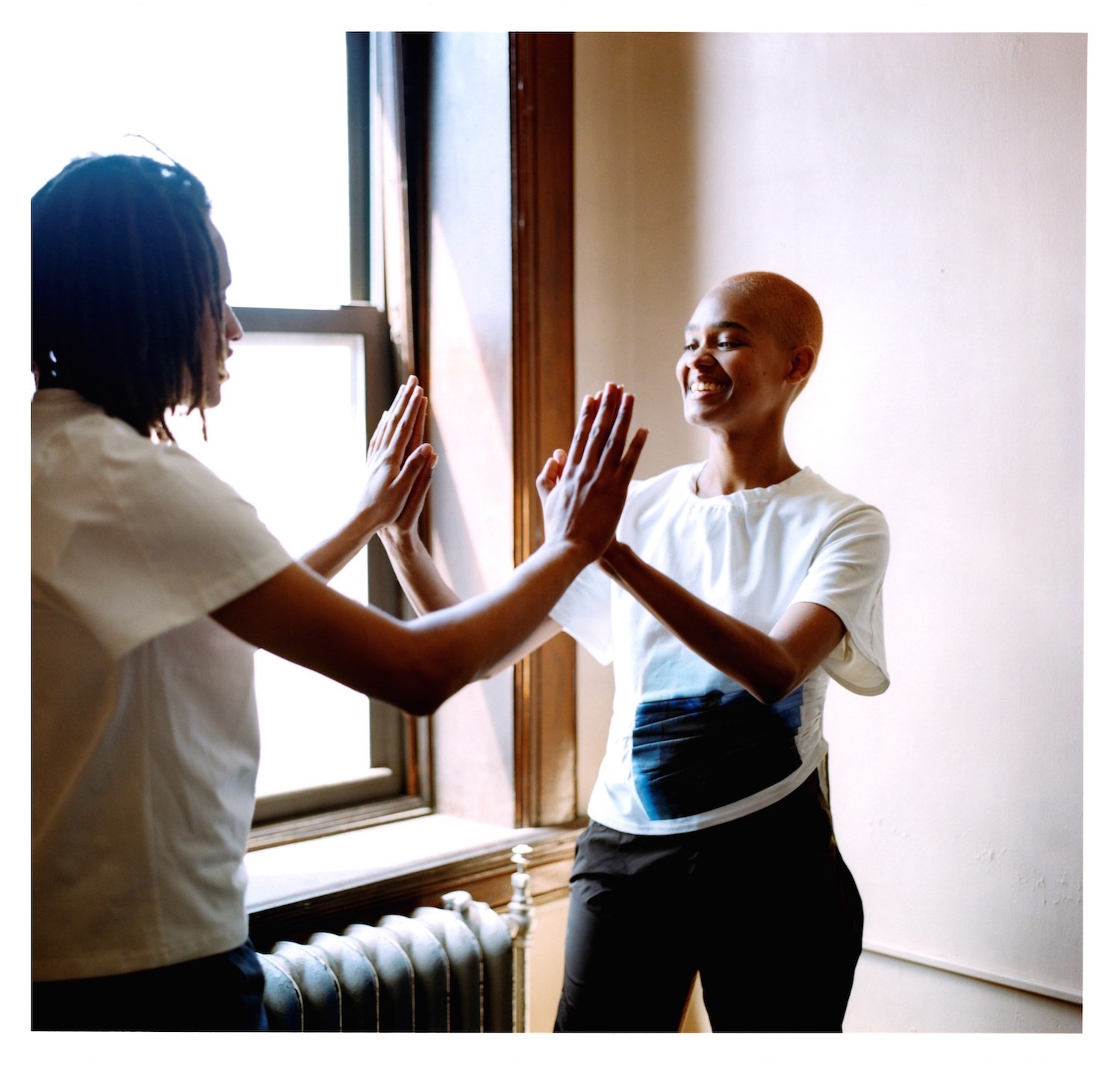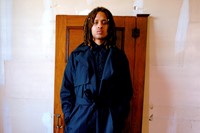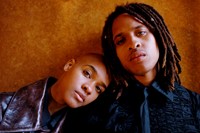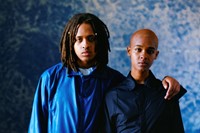For people of colour, the past two weeks have meant an inescapable confrontation with our own mortality and the way in which the world is stacked against us. Seemingly across all industries, stories of overt racism, micro aggressions and unjust structures have come to light, reminding us of the difficulties of simply existing while black.
Unsurprisingly, as a business that still favours slim white bodies, fashion too has found itself under a magnifying lens, scrutinised for the lack of representation across the board – design, photography, journalism, you name it.
One creative navigating this during these difficult times is London-based designer Bianca Saunders. As a woman of colour, her work inherently celebrates black identity, but has seemingly taken on a new level of importance because of current conversations – whether she likes it or not.
“I’ve had quite a few white people send me guilt messages recently, saying: ‘Thank you so much for teaching me about black culture,’” she tells AnOther. “Part of me doesn’t know how to respond to that, but it’s good that they’re not just saying sorry and want to be more educated moving forward.”
Saunders’ latest project – that debuts at the digital edition of London Fashion Week this weekend – is a zine created in collaboration with fellow black creatives: photographer Joshua Woods, stylist Matt Holmes, and model Jess Cole, who provides the accompanying poetry.
Titled We Are One Of The Same, the focus of the project was to explore identity and the similarities and differences between people, visually illustrated by the twin models who appear – cast by Woods’ friend Arielle Berman. Cole’s poetry appears alongside the images, which were shot in an abandoned monastery in New York, sometimes scribbled on the page and discussing the masks we all wear. “Some more adjustable like clothing, size, or age,” she writes. “Whereas race, racial characteristics are fixed.”
In addition to the zine, today (June 13), Saunders will appear in conversation with Woods and Cole to discuss the power of collaboration – particularly with people of colour – and how they want to see the industry improve.
Here, we speak to the trio about the trials of being black in fashion and the pressures of speaking out about race through your creative pursuits.
Dominic Cadogan: Despite feeling incredibly poignant to the conversations about race happening around the world right now, We Are One Of The Same doesn’t directly relate to race. How does it feel to have it launch at such a tumultuous time?
Bianca Saunders: I was having the same discussion yesterday and thinking about how the title of the zine might be thought of as a reference to the current climate, even though it wasn’t meant that way. We Are One Of The Same is to illustrate that we have similarities within identity and explore how we see them, both apart and together – that’s why we wanted to shoot on twin models.
Joshua Woods: When we came together to make this, the climate was completely different. The idea was based on clothing and how Bianca’s clothing is non-binary. Our choice of models – having twins – and shooting the clothes on a male and female set of twins shows exactly what we wanted to say. Race can get thrown into the mix because things are so fiery and hot right now, so there’s a chance it can be misinterpreted, but if you know fashion, you’ll understand what the climate was before Covid-19 and George Floyd. That’s what the focus of the project is and what people should really understand and take away from it.
Jess Cole: I came into the process a lot later, when the images had already been created. In the editing process, we took out a lot of things that referred directly to race: the performativity of it, the notion of blackness and how that’s been obscured by colonialism. We took all of that out because we didn’t want it to be so explicit. It’s frustrating that because a group of black people did a project together, people are going to simplify it and say it’s only about race.
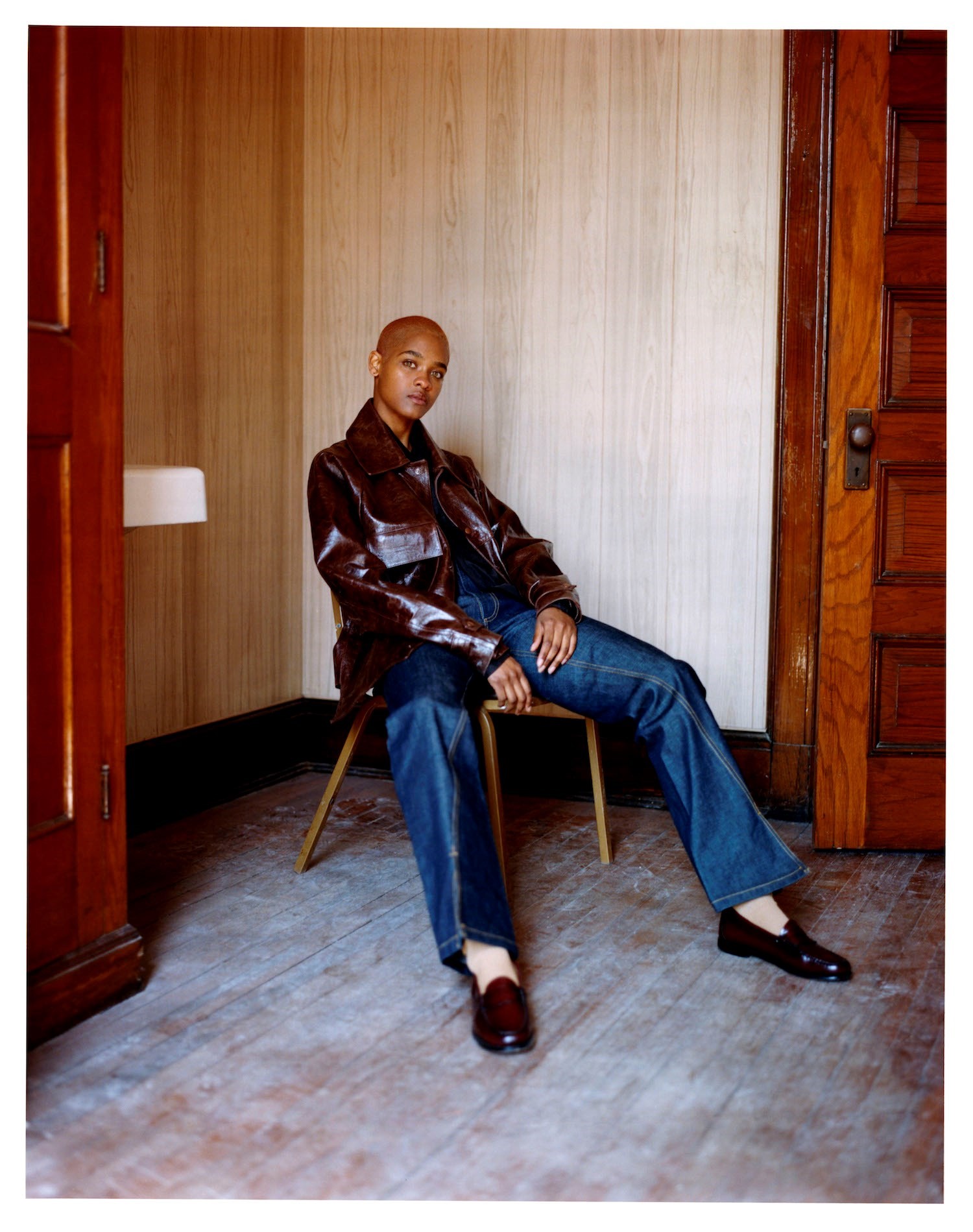
DC: Do you find there’s a pressure for black creatives to speak out about race with their work? How does that impact your practice?
JC: If I write something, I worry that other black people might tear it down and say I shouldn’t be saying that. I’m always very conscious about being called out by other black people for not saying the right thing and that’s something we need to work on as a community – to stop pulling each other down. If I’m not posting on social media, but I’m doing other things that maybe can’t be seen, I feel like people are looking at me and thinking: ‘Why aren’t you saying anything?’
BS: I was definitely nervous about speaking to white writers about race at this time because I don’t want my words to be used in a way that I didn’t want them to be said.
DC: How have the protests and increased conversations around race had an impact on you personally?
JC: The past week and a half has been so stressful. As black people and people of colour, we’ve conditioned ourselves to be able to detach from having to think about racism in our everyday lives. If we were thinking about it every single minute of every single day, we wouldn’t even be able to get out of bed.
JW: We have to be able to step back from it all. It’s important for us to watch our health and make sure that we aren’t letting the system break us down mentally. My dad died when he was 45 and my mum said to me recently that we can’t let this hit us so hard that we start to get sick or get these medical conditions that plague black men, who die so much younger.
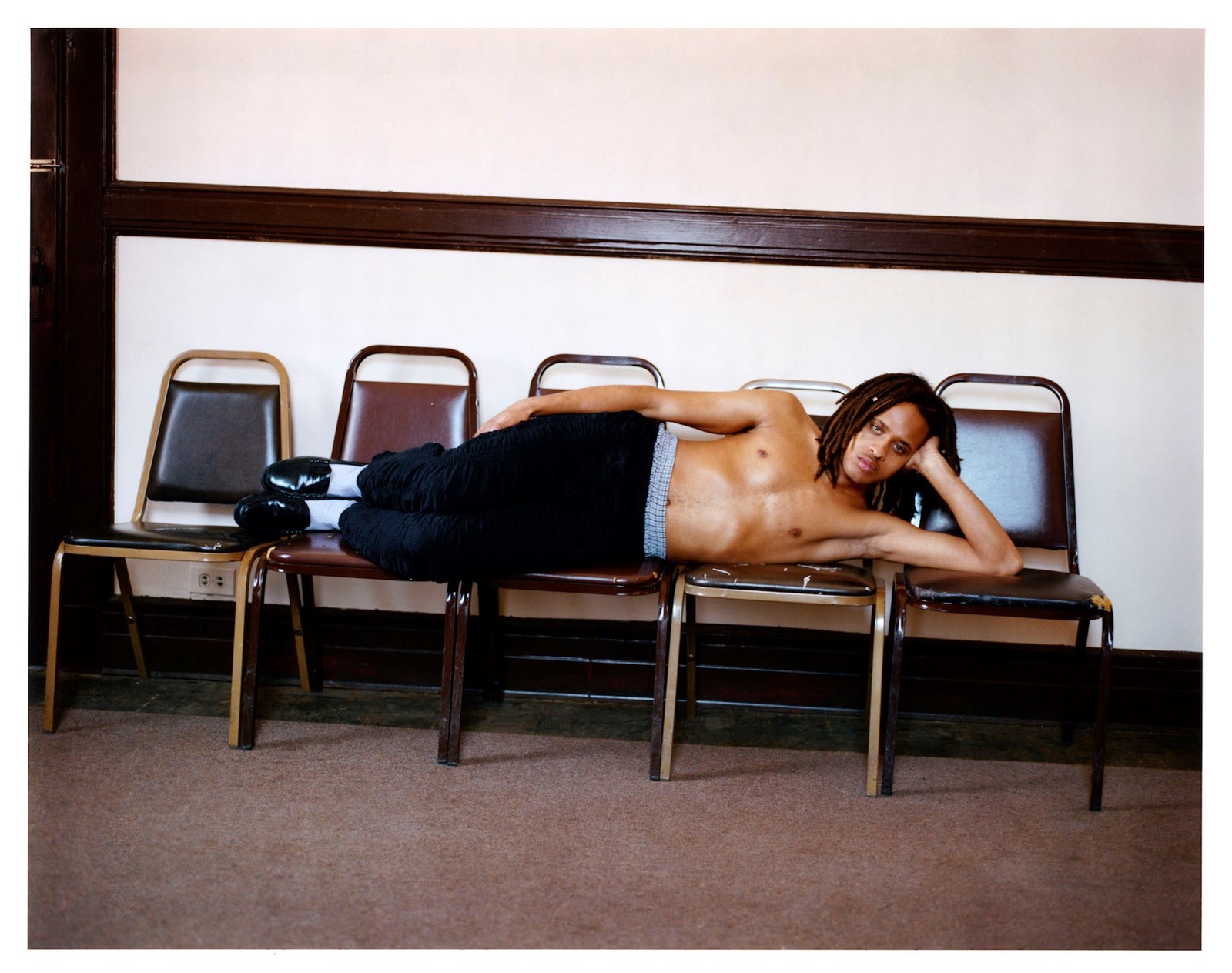
DC: Why do you think we’re seeing change, or at least the semblance of it, now?
JW: It’s a real time for change and the world is seeing that. The dial is definitely getting pushed really, really far. I was listening to a podcast that was saying the white power structure will come back into effect once the protesting stops and I think the pandemic has really helped because everyone has been stuck at home; white people haven’t been able move and have had to listen. I’m not saying the pandemic has been a good thing because so many people have died, but white people have been given a steady stream of information and had to listen.
BS: We’ve never seen conversations last this long. Usually a small group of people are enraged, but we don’t see everyone joining in. This time though, everyone has been getting on the establishment’s back and I’m loving it. I’m loving the fact that people are able to call things out – the Pull Up or Shut Up movement is definitely working. We want to know who is behind the scenes. Are there actually black people working at brands? Are there people of colour? Sadly, there usually aren’t ...
DC: Collaboration – particularly with people of colour – is something that is important to all of you, beyond just this project. Why is that?
BS: It’s great working with people who fully understand you and not having to explain your ideas all the way. Seeing Josh’s images, he really understands how to photograph black people and people of colour. That’s how you start friendships and create a small forum of creatives. When I met Jess, it was so natural and great to joke about things – that’s why I love collaborating with people of colour. I also work with people outside of that, but it’s important they understand where I’m coming from and I don’t have to explain myself.
JC: Working with Bianca, I’m not looking at her and racialising her or saying that we’re two black women. We also don’t have to tiptoe around each other about saying the wrong thing, it’s just normal. Writing is so lonely and that’s been the best thing about collaborating is that you can have contact with others and discuss things. That’s when you really learn.
JW: I was first introduced to Bianca by Becky from Twin and then I saw her again at the Fashion Awards. I was so blown away to be in that room, in a space with my black peers and to have my black peers see they were in the room with me, too. It felt like all the people of colour in the room were connected and it was such a special night. So, when Bianca came to me with the concept for the zine, we put our brains together and said, ‘Let’s get this done.’
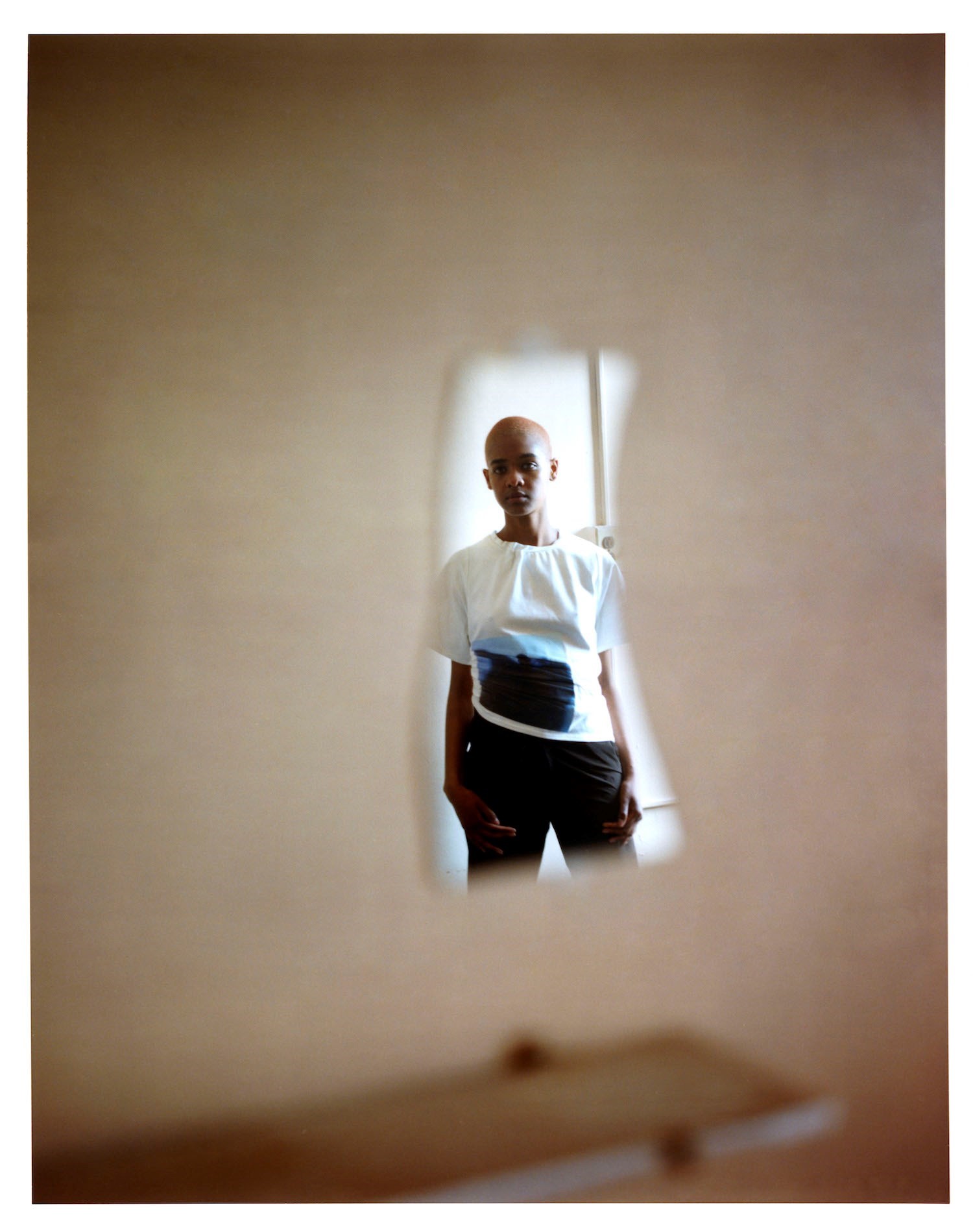
DC: How would you like to see the fashion industry improve for people of colour?
BS: It’s interesting that the black fashion community – designers, photographers and journalists – all know each other, it’s so small. It becomes difficult for us to collaborate because there’s no budget to support us and it’s sad because we really want to help each other. Some people of colour have really made it and are shooting major ad campaigns, I can also think of a few black hairstylists who are used for almost every shoot, but how many white hairstylists can you think of in comparison? It’s so hard to exist in this industry and have the power to exist because we’re not being paid the right amount to even be part of it.
JC: As a black person, once you’ve made it into the room, it’s hard to keep the door open. Collaboration is the idea of sharing the space and making it for everyone so you’re not tokenised. Fashion doesn’t have to be for one or two people.
JW: I hope that more designers of colour come to the forefront of the industry. I hope that models of colour get the money they deserve and that photographers like myself get the opportunity to bring other people of colour on board and give them a chance. Somebody who might not have a shot. That’s all any of us people of colour want is a fair shot to get a piece of the pie. We don’t want the whole pie, we just want half of it.
A limited number of We Are One Of The Same are available biancasaunders.com. Bianca Saunders, Joshua Woods and Jess Cole will be in conversation as part of London Fashion Week digital edition on June 13, 2020 at 11.30 GMT .
